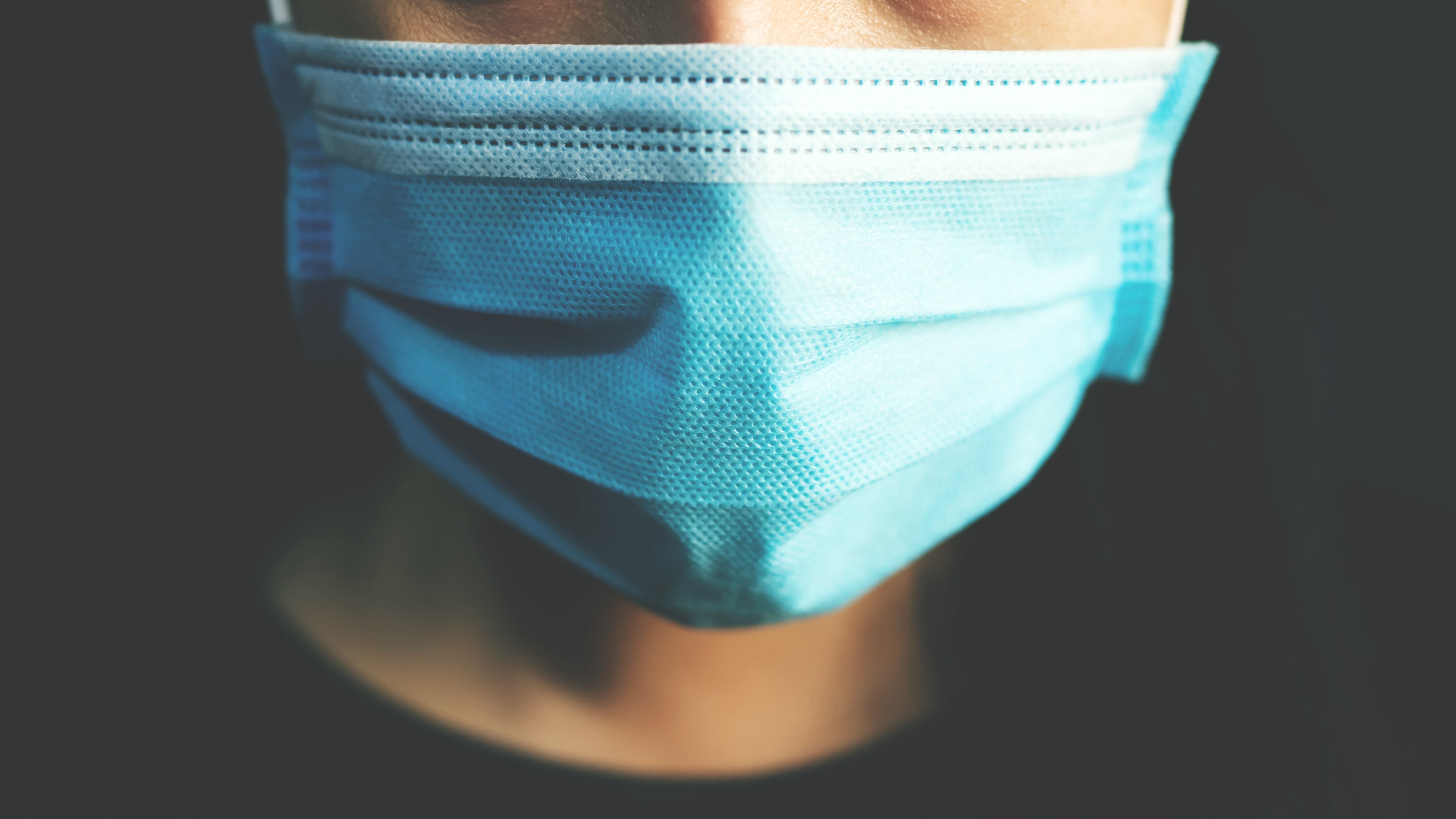
Lung Cancer Screening
The primary test used to detect lung cancer is a low-dose CT scan. The goal of screening for lung cancer is to identify any cancer detected at an early stage so that it can be treated. Most screening programs focus on early detection and early treatment. Many lung cancer deaths can be prevented by screening high-risk individuals.
Do You Qualify
- Are you 55 years or older?
- Do you have a smoking history of at least 30 pack-years, and continue to smoke or have smoked within the last 15 years?
What is a pack year?
- 1 pack per day for 30 years = 30 pack-years
- 2 packs per day for 15 years = 30 pack-years
Important Information
- All lung cancer screenings require an order from your doctor or primary care provider. Discuss your risk factors with your doctor to see if you qualify.
- Call the CCH Radiology department at 307-688-1600 to schedule.
- A $350 payment is required at registration.
- The screening is painless and takes about 15 minutes.
- The results will be sent to the doctor and they will discuss the results with you.
- CCH does not file with your insurance company. Please contact your health insurance provider to understand your coverage regarding this type of screening. CCH does not participate in the Medicare Lung Cancer Screening Registry program.
Annual lung cancer screenings do have potential risks. Annual CT scans are recommended for people identified by their physician as high risk for lung cancer. Even though it is a low-dose CT scan, the patient is exposed to radiation every time a scan is conducted. This can be harmful due to repeated radiation exposure, which can cause cancer in otherwise healthy people. The test can also suggest that a person has lung cancer when there may be no cancer present. Lung cancer screenings can lead to follow-up tests or procedures that aren't needed, which may have their own risks. People at high risk for lung cancer who have other health problems may choose not to be screened because the risks may outweigh the potential benefits. Please consult your doctor or primary care provider about the potential benefits and risks associated with lung cancer screenings.
-

